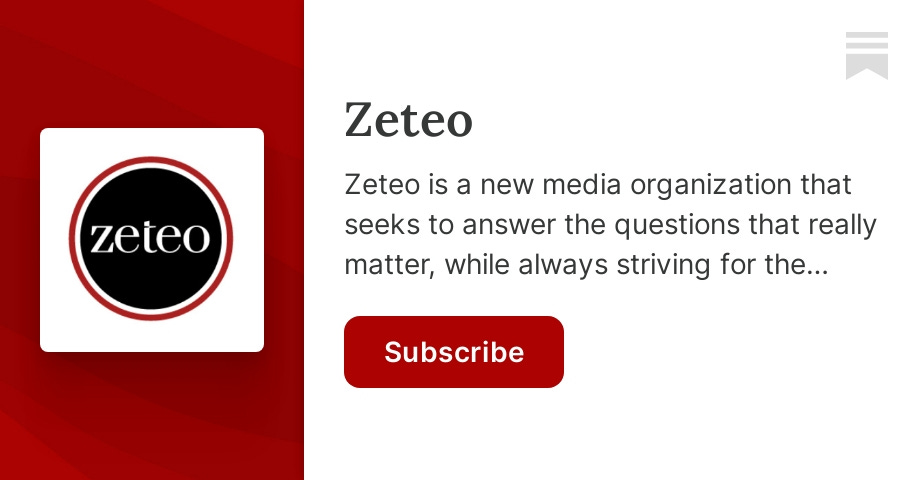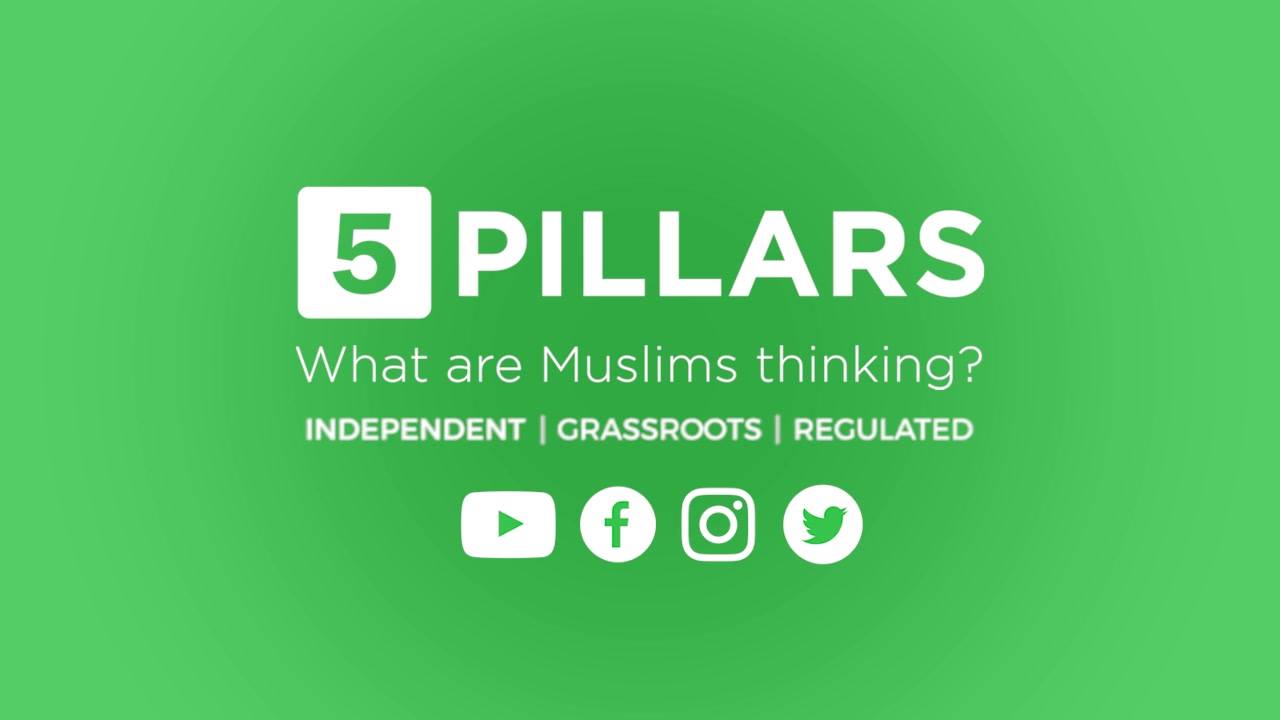Know Your Enemy
Writer and campaigner Daniel Ben-Ami, argues that as pro-Israel campaigners, it is essential that we understand our opponents’ arguments better than they do.

Which river and which sea?
It is clear that many anti-Israel activists cannot name the geographical features their reprehensible slogan, “from the river to the sea”, refers to. But a key word in the preceding sentence is “many”. There is at least a small minority which can make an intellectually coherent case against Israel. We should strive to defeat the arguments of that relatively sophisticated minority, and to do that we need to know their case better than they do.
That does not mean it is possible to have rational arguments with anti-Israel protesters screaming on demonstrations. I have lost count of the number of times I have been called a child-killer and the number of death threats made against me. Those who engage in such appalling behaviour are probably beyond rational debate.
Even in one-to-one discussions with more reasoned opponents it is hard to win arguments on Israel. People seldom move from their entrenched political positions. Nevertheless such interactions can be valuable against an opponent who is relatively open-minded.
The key point though is that the main battle is not to win over anti-Israel activists but to persuade as many of the general public as possible. If we are to convince them of our case our arguments need to be sharper than those of our opponents. That is an uphill task since the average person is subject to frequent biased media reports suggesting Israel is committing genocide in Gaza. Putting the counter-argument is both possible and necessary–but it is also hard to win in such circumstances.
One approach to becoming informed is to immerse ourselves in the pro-Israeli media; although mainstream news organisations are often biased against Israel there are many friendly sources available. These range from pro-Israel advocacy groups to sophisticated academic works. In terms of format they can range from social media to podcasts, video clips, newspaper articles and books. Not all of these are created equal–it is necessary to read books to develop an in-depth understanding–but all can help.
But limiting ourselves to pro-Israeli media is not enough.
It is all too easy to become complacent if that is all you do, like a wannabee street-fighter mimicking karate moves in front of their bedroom mirror, convincing themselves that they are the toughest person in the world, until they come across a real opponent.
To really grapple with the arguments it is necessary to engage with avowedly anti-Israel sources. There is no shortage of these but good starting points include Al-Jazeera English (available on terrestrial TV as well as the internet) and Zeteo.


Both include articulate anti-Zionists–often including Israelis–as guests as well as many spokesmen for international organisations. Among many other possible sources are +972 magazine, Middle East Eye and Palestine Chronicle.


For those wanting to checkout a British Islamist website there is 5Pillars.

No doubt these will raise your blood pressure to dangerous levels at times but it is important to persist. In each case it is advisable to think carefully about which of their claims are true–not every one is false–and which are wrong. Many other points are simply wrenched out of context. By actively considering their arguments it is possible to sharpen your own ripostes.
It should also help deepen your own understanding of the conflict. Some pro-Israel claims are in fact pretty weak while others are strong; by engaging with opposing arguments it is
possible to develop a better sense of which approaches work and which should be discarded.
Our fight is not to win over hard core anti-Zionists–that seldom happens–but to convince as many members of the public as possible. And to win their hearts and minds we must master our opponents’ arguments.
Daniel Ben-Ami runs the Radicalism of Fools site on rethinking anti-Semitism.








